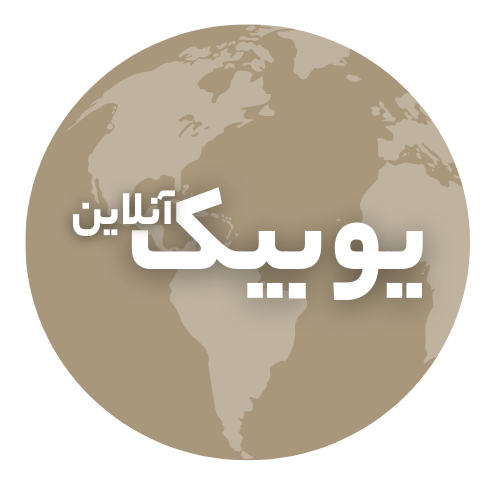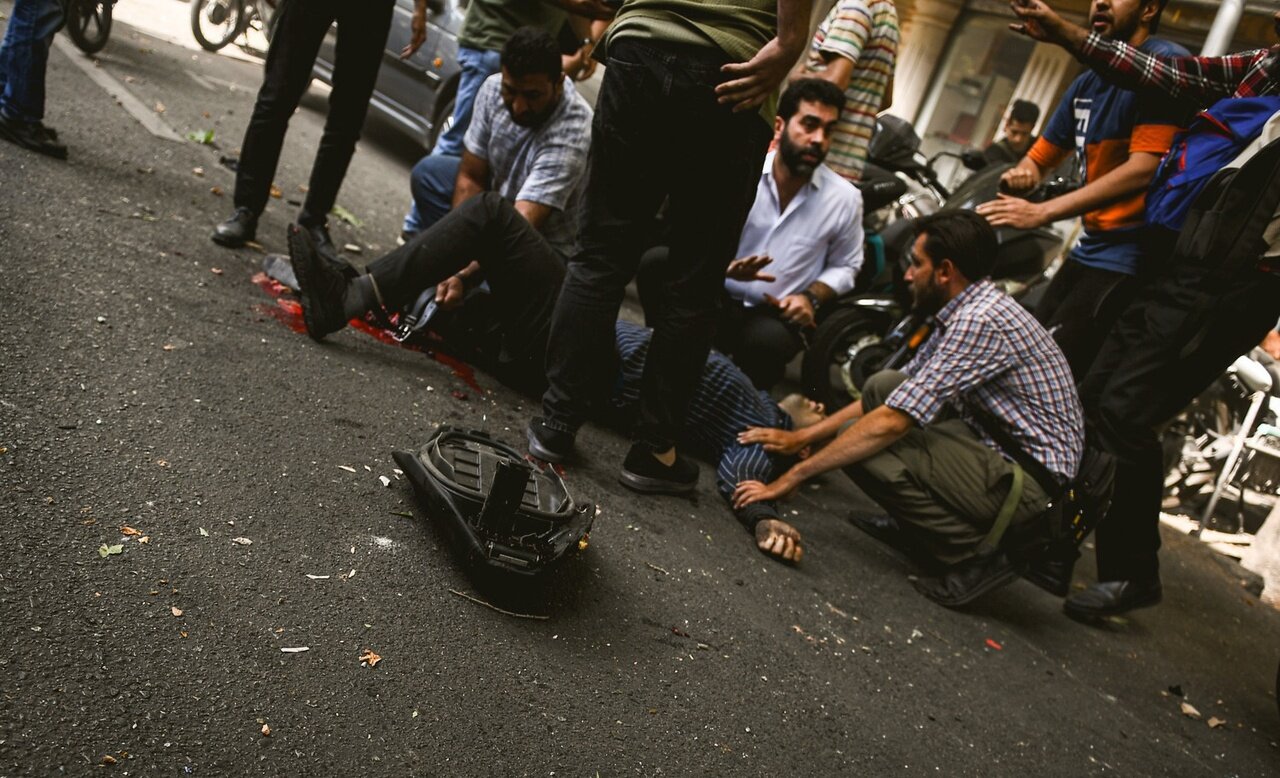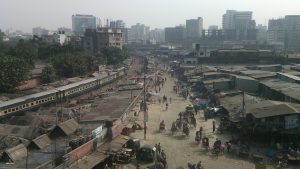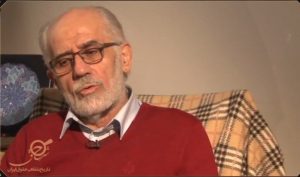According to the news agency Online News Quoted IBNA (Massoud Taghabadi)In the current situation, Iranian society is facing external threats and social and economic crises that have increased the sense of insecurity and anxiety among citizens. This situation, especially in cities such as Tehran, is accompanied by objective observations of tangible dangers, such as the sound of explosion and air defense performance. Dr. Amir Hossein Jalali Nadoushan, a psychiatrist, a member of the board of directors and spokesman for the Iranian Psychiatric Association and the head of the Iranian Branch of the World Association of Relational Psychoanalysis and Psychotherapy (IARPP), in this interview examines the various aspects of these crises and its impact on the psychiatric management. He also points to the need to limit access to information and select valid sources to reduce anxiety. In this regard, Dr. Jalali Nodushan emphasizes the importance of creating a space for expressing emotions and emotions and deals with the role of social support in strengthening resilience against crises. Below you will read the details of this interview.
Direct exposure to the risk and A set of simultaneous crises
Given the current critical and anxious conditions in society, from the psychological point of view, what are the most important damages that threaten individual and collective mental health? What disorders or pressures are more common in such a situation?
At present, we are in a situation where we face a serious external threat; The threat that shows prominent manifestations of death and destruction – both at the real and objective level, and at the symbolic and symbolic level. Some events, such as economic collapse, even when tangible effects such as reducing purchasing power, are much of a sense of insecurity they create, from an inner and symbolic experience. In other words, the person is affected by the fact that his or her experience of economic disruption and anticipation leads to a sense of danger, anxiety, and horror.
In the current situation, numerous evidence from citizens, especially in cities such as Tehran, is reported, which confirms a tangible experience of danger: including listening to the sound of explosions, air defense performance, or observing thick smoke in the sky. These observations reveal death not as a distant possibility, but as a real and close presence in everyday life. Death is undoubtedly one of the most fundamental human fears. But in such a situation, this fear is clearly opposed to our eyes. In addition, each of us has personal history, specific psychological backgrounds, and different capacities in the face of fear and anxiety.
The same issue determines the amount of vulnerability of each of us under such circumstances. In the short term, such situations can lead to increased irritability and changes in lifestyle; Such as sleep impaired, increased or decreased appetite, inappropriate nutrition, reduced mobility, and other changes that can cause significant psychological damage – even in a short period of time. Some people who are directly exposed to these events or are constantly involved in receiving news and information may develop symptoms of stress syndromes, such as acute stress or post -traumatic stress disorder (PTSD); Whether in the short or long -term.
However, the issue does not just end in this crisis. We are in fact a set of simultaneous crises. What is happening now has not happened in a normal and normal basis, meaning that we were not living in our quiet life and a war. The Iranian society has been faced with the accumulation of economic instability, political pressures, social movements, and widespread tensions over the years. These factors, together with each other, have led to some kind of social divergence and divergence. In fact, today’s Iranian society has fundamental differences with the late 1980s and the Iran -Iraq war. In addition to generational differences, there have been profound changes in the fields of social psychology, sociology, and identity structure.
Concepts such as “home”, “nation”, “Iran” and “Iranianity” have been in a crisis of meaning and duality in the current situation. In a more precise sense, society has a kind of emotional dualism; So that people can feel love and hatred at the same time. This dualism encounters man at a moral and psychological level with a kind of stalemate. In a society where social cohesion and the fundamental foundations of identity and its correlation are eroded, the possibility of a unified definition of fundamental concepts such as language, culture, geography or common history – is compounded. This situation causes the collapse of meaning sources, thus weakening the legitimacy and validity of many former mental and psychological ideas. The disappearance of these sources of meaning itself leads to psychological crises; Including confidence, mental health disorder, increased frustration, anger, decline in job productivity, exacerbation of intermediate tensions, and a crisis in relationships between couples, neighbors and other social action.
Extremism in Iran’s cyberspace; Reduce the level of information with full awareness
In such an environment you have drawn, the doctor, given this volume of violent and anxiety images re -published on social networks, can be drawn between the necessity of events and maintenance of psychological balance and internal peace?
It is an important question. In such circumstances, we also face a phenomenon called “Iranian virtual ethics”. Unfortunately, in Iranian cyberspace, some extremism has become widespread. People tend to always be aware of the news and information and are somehow involved in some kind of information hoarding from multiple and often inaccurate sources. However, we need to confirm our access to information consciously. Instead of continuously following social networks and diverse and scattered news sources, we need to use only a few specific, credible and reliable sources. The accumulation of information is often anxious rather than beneficial.
This brings us into a cycle where anxiety leads to more information searching, and receiving more information will exacerbate anxiety. Therefore, one of the basic recommendations is to reduce the level of information with full awareness. We have to choose what information, when, and what source we receive. This not only reduces anxiety, but also helps us maintain our psychological balance and more resistance and resistance to information floods.
The need for a critical look at families’ news and information to understand the rumor and truth from one another
Different age groups, including children and young people, experience different stresses and tensions in the face of such critical conditions. How can these groups maintain their mental health in the face of external crises? Or, in other words, what simple but effective measures do you recommend for psychological support for this group?
The situation we have, given the severity of the crisis, has a serious negative impact on children and adolescents. Different things can be done for this group that is subject to serious vulnerability. Some of these tasks are national and apparatus, and in this regard, education and media, including the national media, should play an important role. In these circumstances, the media must play a role in creating unity among the people, avoiding emotional approaches, avoiding the conversion of the media into war headquarters. All broadcasting networks must have a specific guide to preventing children and adolescents from being exposed to violent and violent content.
Differences and diversity in programs make it possible for people to choose. At the same time, programs can be self -raising spontaneously. For example, the child’s network should stay the child’s network. Families also need to have a critical look at news and information and pay attention to the distinction of rumors and truth. In this regard, they need to prevent fears that are caused by the diversity of information sources. Parents should try to introduce the children to the fact that the situation has changed, and explain the situation in their own language. But despite this, they should avoid reality and situations that are not suitable for their emotional and cognitive growth.
Avoid discussing and fostering issues in the family environment
In these circumstances, perhaps not everyone has access to the psychotherapist. Now, as an expert in this field, what simple solutions do you suggest to be implemented and help their mental state?
Self -help measures, such as psychotherapy, can be very helpful, and sometimes in this situation it may even have a better impact on counseling. Apart from those who have a history of serious problems in this area, they need to get specialized assistance, but the important and important thing is that in some cases very simple tasks may have a decisive effect.
One of the simple things to do is avoid discussing and fostering issues in the family environment. Observing routine and preventing the disturbed situation in the family, such as inappropriate sleep and awakening, and coherent to work, lessons and homework is also important. It is very important to create a space for talking and expressing emotions. In fact, we need to create an atmosphere where family members have the opportunity to express their emotions and thoughts. This environment should be acceptable and non -disobedient.
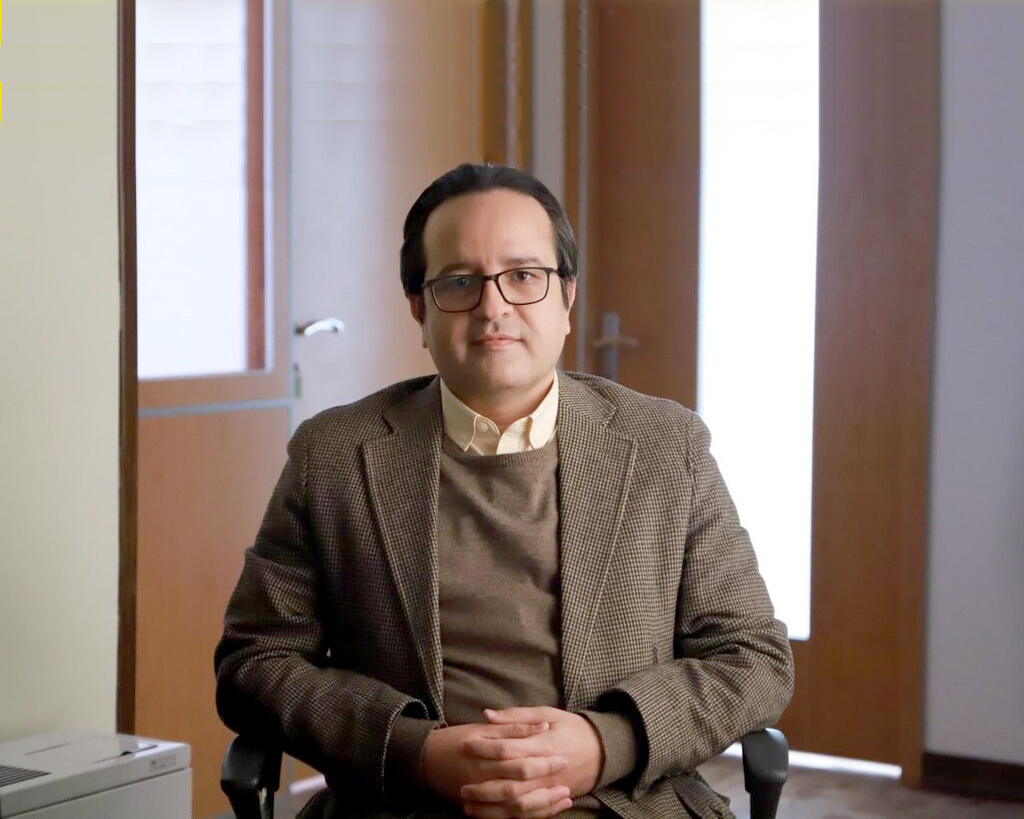
Use peer groups to express problems and create empathy
What role do social support and belonging to empathetic groups such as friends, religious and academic groups do they have to reduce the feeling of emotion? How can we use these formal or informal sources to enhance resilience?
Another resource that can be helpful, which makes us compatible with the crisis, is the use of peer groups. The atmosphere we belong to, such as family and friends, whether virtual and real in which we can handle our problems, can be helpful. When we can find things to understand each other with them, we can experience conditions that show that others have the same feelings, the feeling of being alone is reduced, and we can manage the situation. In fact, paying attention to public concerns and talking about shared concerns can reduce the sense of isolation and loneliness in us.
Read the “Guide to Salvation in Jabalqa”
Dr. We cannot ignore the role of books and scientific resources in improving people’s mental health. As an academic person, are there any specific public books or works that can help people maintain peace and mental health during crisis? What options do you recommend if you want to introduce one or two book titles?
There are many books, but one of the fascinating books that is not used enough is the “Salvation Guide in Jabalqa” as a subsidiary of “The Book of Self -Assignment, Welcome to the Middle East”. This book is written by Dr. Ali Mersali and has tried to show us how we can face challenges in the Middle East. This book is not limited to the conditions of war and provides good content to the reader. Relying on history, philosophy, anthropology and literature, the author has attempted to write self -help guidelines for the people of this land. This book was written many years ago, but for followers and public readers, the book is fascinating and enjoyable.
Earlier the conditions of confrontation with the conditions of the authorities to give the citizens
Now I would like to refer to psychologists and their impact on reducing public stress and reconstructing mental relaxation. How can institutions such as the media and the formal education system have together so that people do not have traumatic reactions?
Our reaction to the crisis must be such that people do not have anxiety in the face of these conditions. The main condition of the story is that we are in advance of the situation and are ready for this situation. But now we see that the new trustees are thinking of formulating a guide.
Social change and effective governance can help to resilience
Mr. Doctor, the concept of resilience, often suggested as a solution, may put the burden of crises on individuals and social systems shoulders responsibility. How is this individualism that comes up in psychology is what is related to social justice and the behaviors of social systems that must act correctly?
Resilience requires social cooperation and solidarity. But we see that the government wants to have a resilience in the form of a resilience, while the product of a grammatical policy, economy, culture, and lifestyle that has no consequences other than poverty, discrimination, corruption, identity and class divisions and reduction of trust, is this social fragility and nationalism. Existing problems, such as increasing divorce, addiction, disbelief, etc. are not due to the personal weakness of citizens, but the result of the style of governance and social design. Lack of resilience in such a context is not due to lack of skill or lack of individual capacity. As a result, social change and effective governance can help the resilience of society.
216216
منبع: www.khabaronline.ir
